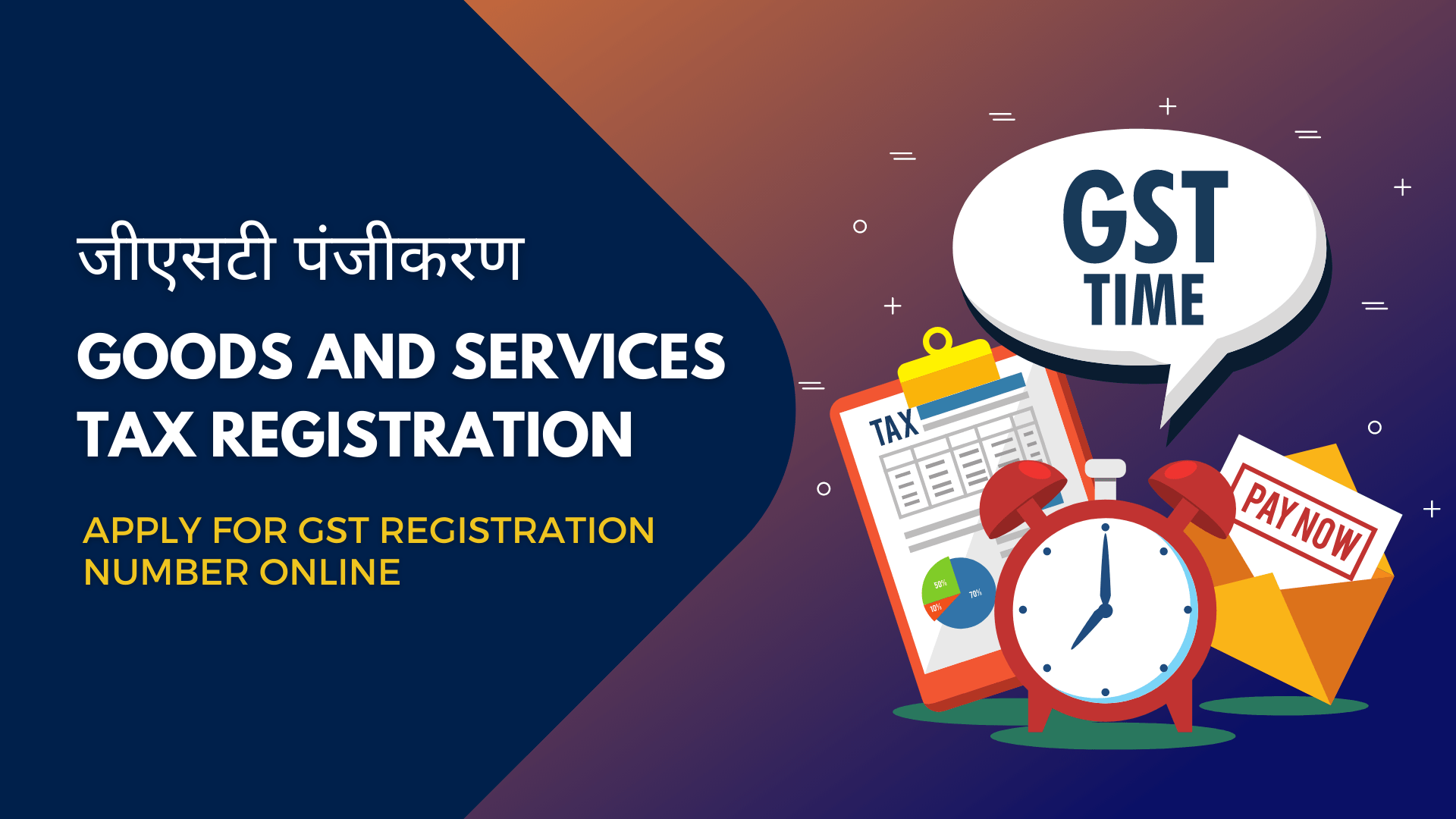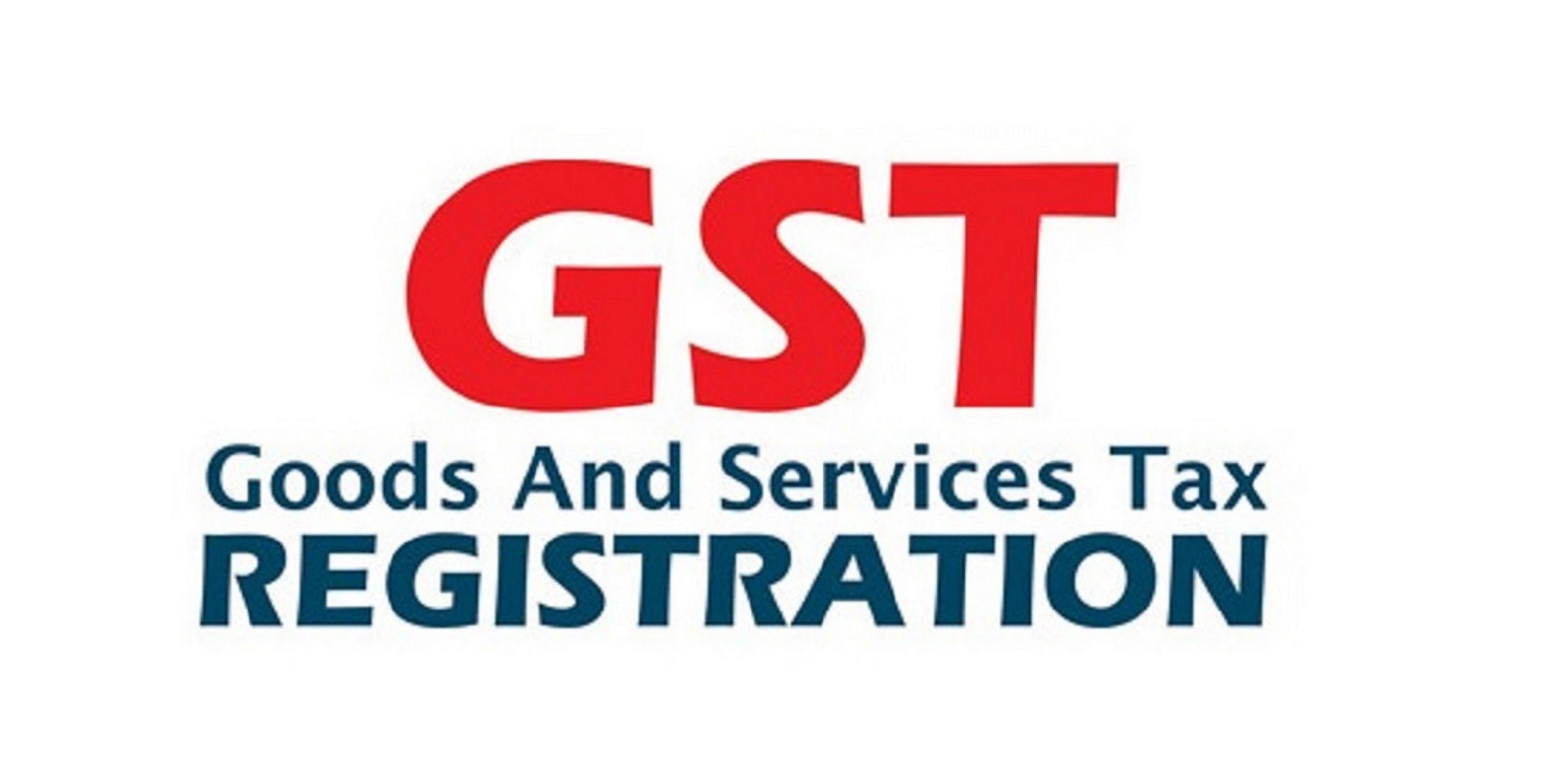Contrast and Select the very best GST Registration Services in Singapore for Your Needs
Contrast and Select the very best GST Registration Services in Singapore for Your Needs
Blog Article
From Beginning to Finish: The Ultimate Roadmap to GST Registration for Companies Seeking Financial Security
Browsing the complexities of Item and Services Tax Obligation (GST) enrollment is a critical action for companies making every effort for economic security. Damaging down the roadmap right into convenient steps can streamline the enrollment journey for services looking to improve their economic standing.
Understanding GST Basics
Digging right into the essential concepts of Item and Solutions Tax (GST) is crucial for obtaining a thorough understanding of its implications on businesses and the economic climate. Input Tax Obligation Credit Report (ITC) is a substantial feature of GST, allowing companies to assert credit scores for tax obligations paid on inputs, reducing the total tax obligation burden. Comprehending the fundamentals of GST is essential for businesses to conform with tax guidelines, manage their financial resources successfully, and add to the nation's economic growth by getting involved in a clear tax system.
Eligibility Criteria for Enrollment
To sign up for GST, organizations need to meet specific eligibility requirements developed by the federal government. The primary qualification requirement is that any type of service involved in the supply of products or services with a yearly aggregate turn over over the threshold limit set by the authorities have to sign up for GST. Since the existing guidelines, the threshold limitation for GST enrollment is an annual accumulation turn over of 40 lakhs for services running within a state, with the exception of unique classification states where the limit is 20 lakhs. Furthermore, particular organizations are required to register for GST irrespective of their turn over, such as interstate suppliers, laid-back taxed individuals, and organizations reliant pay tax under the reverse fee system. It is important for services to extensively examine their turn over and transaction types to identify their GST registration commitments accurately. Failing to sign up for GST when eligible can lead to penalties and lawful consequences, making it necessary for organizations to comply with the defined qualification requirements.
Files Required for Registration
Having satisfied the eligibility standards for GST enrollment, companies have to currently guarantee they have the requisite documents in area to proceed with the registration procedure efficiently. The records required for GST registration normally include evidence of organization constitution, such as collaboration deed, enrollment certification, or incorporation certificate for different kinds of services. In addition, services need to supply records establishing the principal area of company, such as a rental agreement or electrical energy expense.
Step-by-Step Enrollment Process
Starting the GST enrollment process includes a series of organized steps to make sure a smooth and compliant registration for companies. The initial step is to check out the GST website and complete the enrollment form with precise information of the organization entity. Following this, the candidate gets a Short-term Referral Number (TRN) which is used to resume the application process if it's not finished in one go.
Next, all required documents based on the list supplied by the GST portal requirement to be posted. These documents normally consist of proof of business identity, enrollment and address proofs of marketers, monetary declarations, and business entity's PAN card.

Post-Registration Conformity Guidelines

Conclusion
To conclude, organizations seeking monetary security has to recognize the basics of GST, meet qualification requirements, collect required papers, follow the step-by-step registration process, and conform with post-registration standards - Best GST registration services in Singapore. By sticking to these steps, companies can guarantee compliance with tax obligation regulations and preserve economic security in the long run
In addition, specific businesses are required to register for GST regardless of their turn over, such as interstate vendors, informal taxable you can find out more persons, and companies accountable to pay tax obligation under the reverse cost mechanism.Having met the qualification requirements for GST registration, organizations must now ensure they have the requisite papers in location to continue with the enrollment procedure efficiently. The documents needed for GST registration typically include proof of organization constitution, such as collaboration act, enrollment certificate, or incorporation certificate for different types of companies. In addition, businesses require to provide files developing the principal area of company, such as a rental contract or electrical power bill.Starting the GST registration process involves a series of organized steps to make certain a smooth and certified registration for companies.
Report this page